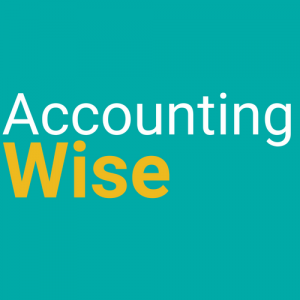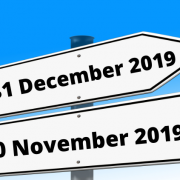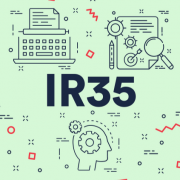Reasons for Bookkeeping Records
12 Reasons to Keep Good Bookkeeping Records
When it comes to bookkeeping records we all seem to acknowledge that things could be done better.
But why is keeping good bookkeeping records important?
Here are twelve reasons why it’s so important.
1. Enables you to manage your business and make it grow
No one knows your business better than you do, but reliable information can only be extracted from the bookkeeping records you keep.
If you don’t have good records, it’s much harder to make good decisions.
2. Helps to stay organised when dealing with customers and suppliers
Producing invoices, quotations and estimates promptly is vital.
An early estimate can be the difference between winning and losing a job. Similarly do not rely on supplier’s statements. You need to know before they tell you how much you owe.
3. Makes it easy to prepare management accounts
Have you ever wondered whether you are making or losing money?
Management accounts do that for you. You want to know how your business is performing. With management accounts you can compare one period with another, this year with the previous year.
4. Makes it possible to find important information and documents quickly
Is someone disputing your invoice?
By being organised you can quickly and easily find information regarding the original order and the goods and work supplied.
5. Makes it easier to get a bank loan or overdraft
Yes, banks like it when you seek an overdraft for the right reason and at the right time. Don’t wait until you need one to ask for it.
6. Helps you plan in advance for tax payments and other liabilities
Tax planning is for everybody. Set money aside when you have the cash. Or make an arrangement with HMRC in good time.
7. Helps us to check your tax position accurately
Does HMRC make any mistake? Sometimes they do.
By being organised you can check the accuracy of your tax position.
8. Helps to reduce your accountant’s fees and save them time
We will always help by giving you extra value for your money. But if records are really untidy eventually this will cost you more.
9. Makes you filling your tax return easier and can save you tax
Have you ever had a call from your accountant wanting to know about a VAT Return or some other item of expenditure?
Maybe he needs to make a claim to HMRC for Tax Relief. By being organised you are sure to include everything you are entitled to in any claim or return you make to HMRC.
10. Avoids interest and penalties by making it easier to pay the right tax at the right time
Penalties are here to stay!!! But we are here to avoid them. By the time a deadline comes everything will be filed and in good order.
11. Will support your claims to some tax reliefs or capital allowances
What are capital allowances? They are provisions that can save you a lot of tax when you purchase equipment or similar assets. Don’t miss out on the opportunity just because you have lost the paperwork.
12. Record keeping complies with the law
Good record keeping is a legal requirement under the rules of assessment. So, by being organised not only you have all of the above benefits, but you stay within the law.
Complying with HMRC requirements is in fact a very important reason why you should keep good bookkeeping records.
Summary
So, you see that it’s very important to keep good accounting records.
Can you think of any other reasons why it’s important?
Please add to the list and share your experiences in the comments below.









